Japanese Antitrust Law Manual —— Law, Cases and Interpretation of the Japanese Antimonopoly Act
----- 日本反垄断手册
Japanese antitrust law stems from virtually the verbatim adoption of United States antitrust law during the occupation years following World War II. However, distinctive Japanese elements have emerged with major amendments to the original Japanese Antimonopoly Act (JAA) in 1953, 1977, and 2005, with the result that Japanese antitrust law stands today as a uniquely important body of legislation and case law playing a significant role in international trade.This in-depth commentary by an internationally known practitioner and authority in the field fully details both the substance and procedure of the JAA, with close analyses of all the important cases that have been decided over the years. Among the crucial factors covered are the following:- details of the 1953, 1977, and 2005 amendments with their rationales;- the special JAA conception of 'unfair trade practice';- judicial interpretations of key terms in the law;- interpretation of rules governing resale pricing and sales method restriction;- merger regulations and guidelines;- the role of the Japanese Fair Trade Commission (JFTC);- administrative procedure;- judicial review;- awards; and- extraterritorial application of the JAA.Especially valuable is a detailed sample compliance manual anticipating applicable contingencies likely to be encountered by any firm doing business in Japan. An appendix provides English texts of the JAA as amended, as well as important regulatory documents.This book will prove indispensable to business people and their counsel, and of great value to students and teachers of antitrust and competition law. It is a source to be consulted again and again, both for precise answers to specific questions and for keen insight into the workings of this complex body of law.
{{comment.content}}
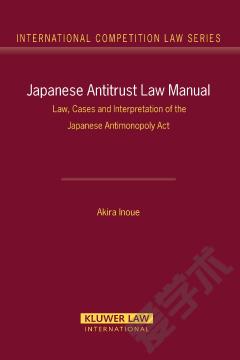
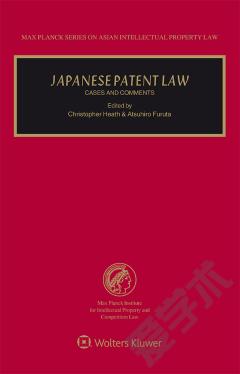

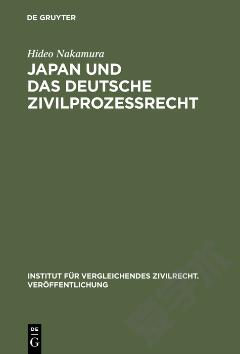
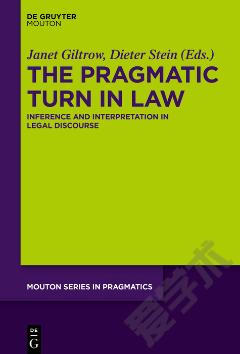
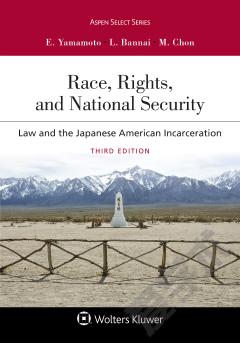


 京公网安备 11010802027623号
京公网安备 11010802027623号